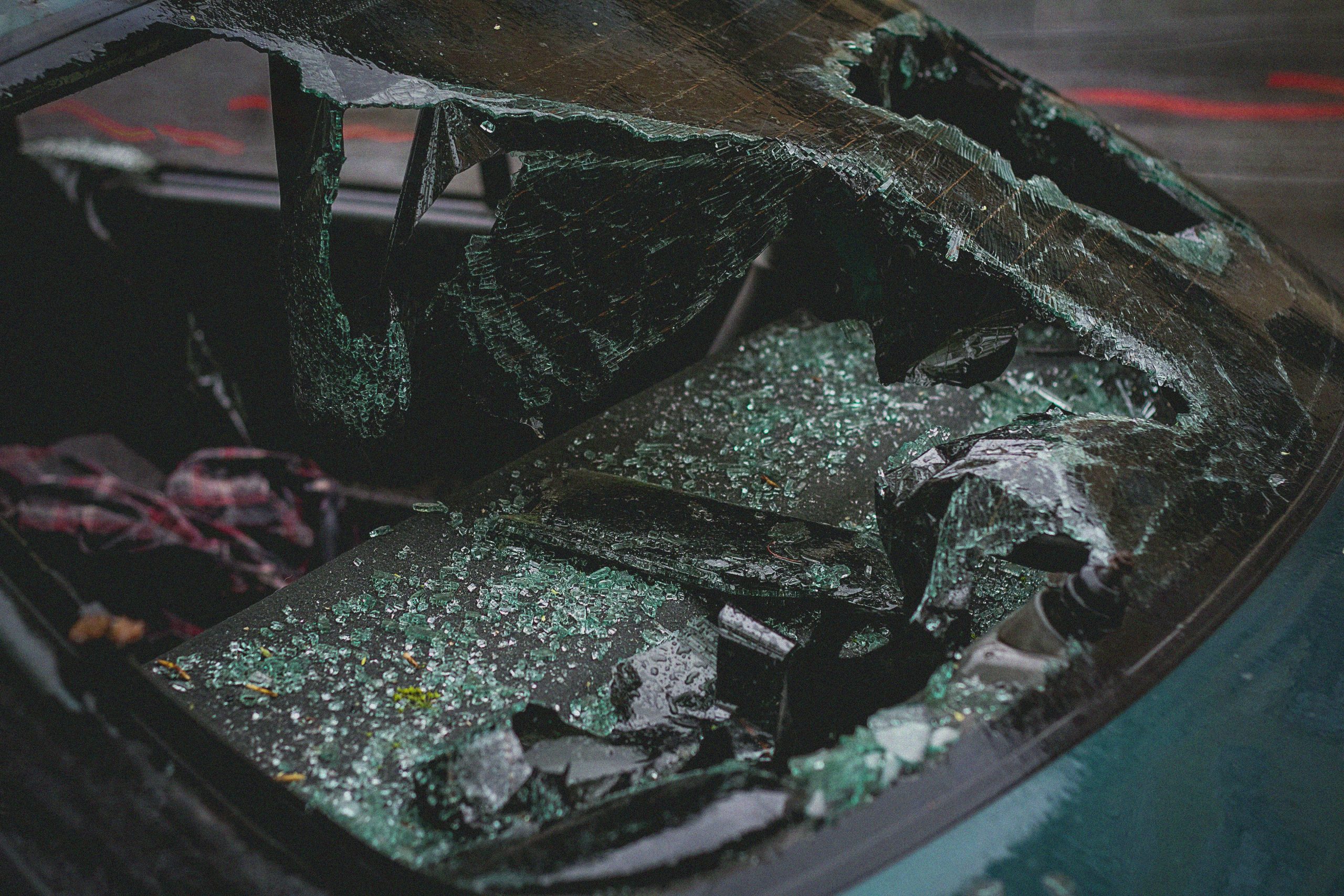How am I supposed to communicate with them?
By “them,” I mean the insurance company of the driver at fault in my recent accident. I live in North Carolina, and I was in a wreck while driving my 1992 Mazda Miata. The other driver was responsible for the accident, and at the time, I didn’t have collision coverage on my car—I was using it because my husband’s car had broken down the night before.
The insurance company is using comparables from over 400 miles away, and one of them is completely untraceable because the dealership associated with it shut down just a few days before my accident. The other vehicle was sold more than six months prior to the wreck.
I’ve been trying to present them with comparable cars for sale in my local area, within a 200-mile radius. I even filed a complaint with the North Carolina Department of Insurance (NCDOI). After that, the at-fault insurance sent me a “new valuation,” claiming they had somehow overlooked the fact that my car had AC. They dismissed my comparables, labeling them as “rebuilt collectibles” that had been restored to their original condition—which was confusing since they had similar mileage and condition to mine. They noted they could tell this just by “looking at the photos.”
Their report included additional comparable cars, but it explicitly stated that these wouldn’t impact the new valuation. When I asked the adjuster about this during a phone call, he informed me that it didn’t matter which cars they used because the valuation wouldn’t change anyway.
Today, I spoke with the NCDOI agent for the first time in two weeks, and she simply advised me to email whatever information I could provide. I’ve been doing my best to keep her updated, but every time I call, I end up going to voicemail. Unfortunately, no lawyers are willing to take my case since I wasn’t injured. I’m starting to feel like the NCDOI might not be able to offer any real assistance at this point.
I’m feeling incredibly overwhelmed and frustrated. Every time I ask for clarification or provide additional information, I’m met with vague responses that lead to more confusion. It’s been almost a month since the accident, and I’m at a loss for what to do next.




I’m really sorry to hear about your frustrating experience! Dealing with insurance companies can be overwhelming, especially when you’re trying to navigate the process without having a collision policy yourself. Here are a few suggestions that might help you communicate more effectively with the at-fault driver’s insurance and potentially improve your situation:
Document Everything: Keep detailed records of all your communications with the insurance company, including dates, names of representatives you spoke with, and summaries of what was discussed. This can be helpful if you need to escalate the situation.
Use Written Communication: While phone calls are sometimes necessary, try to communicate primarily through email or certified letters. This creates a paper trail of your requests and their responses. Be clear and concise in your emails, and be sure to reference any previous conversations or agreements.
Request a Detailed Breakdown: If they are citing comparables that don’t make sense, ask them to provide a detailed explanation of why those were selected and how they are relevant to your specific vehicle. Insist on clarity about the valuation process.
Get Your Own Appraisal: If possible, consider obtaining an independent appraisal of your car’s value. This may provide you with additional leverage in negotiations and can be submitted to the insurance company as evidence.
Consult with a Local Expert: Even if you weren’t injured and lawyers seem hesitant, there are consumer protection advocates or auto valuation experts who might be willing to consult with you. Organizations like the NCDOI may have resources for consumers that can offer guidance on next steps.
Follow Up with the NCDOI: Since you have already made a complaint, keep following up with them. Ask for a timeline on when you might expect a response and what further documentation you can provide to assist them.
Stay Calm and Persistent: I know this is incredibly frustrating, but try to remain calm when communicating with the insurance company. Being firm but polite can sometimes yield better results.
Consider Reaching Out to Media: Sometimes, mentioning that you’re prepared to take your story public—whether through social media or a local news outlet—can motivate an insurance company to take you more seriously.
I hope you find a resolution soon. Take care of yourself throughout this process, and don’t hesitate to reach out if you need more assistance or support.